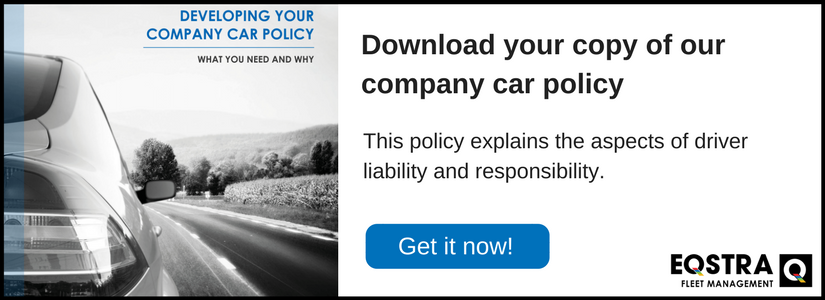
The perception that cheap vehicles equal poor quality and shoddy service is outdated – ‘value for money’ has become the chant of choice amongst vehicle manufacturers and it really is possible to get a good deal.
But remember that the cheapest vehicle might not be the best option for your fleet.
Just because you paid less for the vehicles on your fleet doesn’t mean your fleet is going to be cheaper to run. In fact, it could mean the complete opposite, and the catch lies in defining precisely what a ‘good deal’ really is.
Unfortunately, cheap fleets aren’t always manufactured to be utilised successfully in fleets and aren’t able to do consistent high mileage without unscheduled maintenance impacting the bottom line.
The second-hand market in South Africa still doesn’t favour your typical cheap vehicle brands which directly impacts the resale value. Parts prices and availability is also usually a challenge and creates downtime which usually impacts your fleet cost and fuel consumption is always a major element to take into consideration as most of the cheap and nasty option don’t have the optimal fuel technology to reduced consumption. Data must always be combined with benchmarking.
The long term costs of parts availability, fuel consumption, and downtime will have a much bigger impact on your fleet budget than the initial cost of the vehicle.
There are some odd ends, but you need to look at the data as a whole.
Companies that run successful fleets have one thing in common: they place more value on aftermarket service than on the initial price of the vehicle. It’s key to build a strong relationship with the vehicle manufacturer(s) from whom you acquire your vehicles: this will lead to better deals on parts and maintenance, personalised service and more room to negotiate the cost of new units. You may not be able to quantify the value of this relationship in an Excel spreadsheet, but everyone in the fleet business knows how important it is.
While it’s important to negotiate the best possible deal, companies should not be blinded by the cheapest sticker price. Compromising on quality and essential features in order to save some initial costs can knock your fleet budget in the long run.
That said, cheap doesn’t have to mean nasty – just make sure you’ve done all the necessary research so you don’t end up with a ‘cheap’ fleet that costs you a fortune in actual running costs.
It’s crucial that you do decent research before you make your fleet purchasing decision,and remember the cheapest deal upfront for your fleet might not always be the cheapest option taking into account a total cost of operation.
